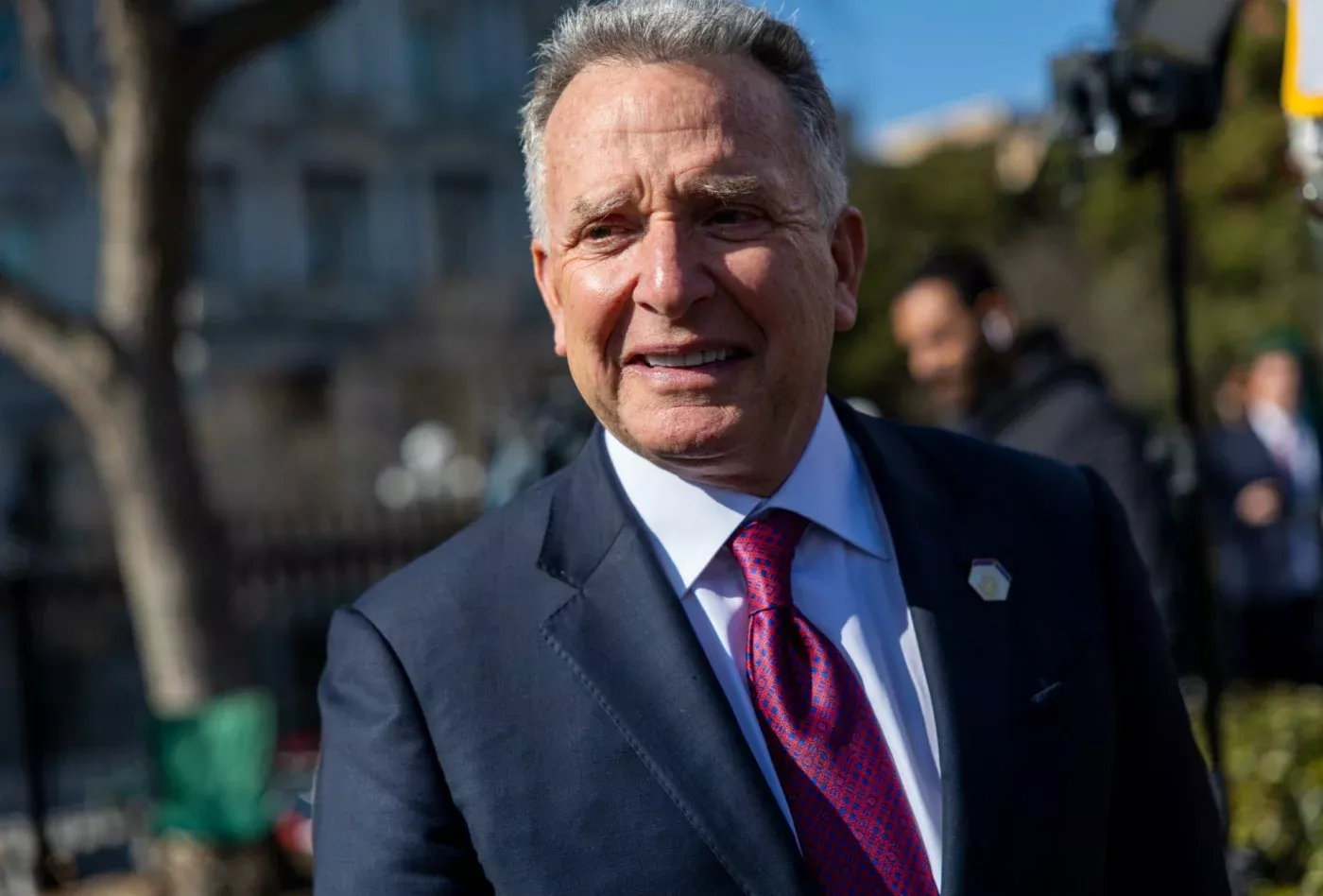
On March 13, 2025, the U.S. President's Special Representative for the Middle East, Steve Witkoff, arrived in Moscow. Witkoff also announced plans to participate in negotiations aimed at ending the war between Russia and Ukraine. The main purpose of the visit was to call for support for Moscow's proposal to halt fire for 30 days. However, initial comments from sources in the Kremlin indicated that the Russian government is opposed to a temporary ceasefire under these conditions.
In an interview on the "Russia 1" television channel, Yuri Ushakov, assistant to Russian President Vladimir Putin, stated that the main goal of Russian officials is to resolve the issue through a long-term peace agreement. Ushakov emphasized that "superficial steps that mimic peace actions" benefit no one. Russia is focused on a long-term agreement that takes its interests and concerns into account.
According to the Russian leadership's position, a 30-day temporary ceasefire would allow Ukraine to regroup and gather strength, but it is not beneficial for Russia. According to Ushakov, the peace proposal in Ukraine offers nothing to Russia and only creates time for Ukraine to strategically reorganize.
"A 30-day temporary ceasefire. So, what does it give? It gives us nothing. It only allows the Ukrainians to regroup, gather strength, and continue in the same way later," Ushakov's words were quoted by Interfax.
"The document, in my opinion, has an urgent character (...) We need to work, think, and take our position into account. There is only the Ukrainian approach stated there," Ushakov said while commenting on the peace proposal in Ukraine to journalists.
U.S. Secretary of State Marco Rubio expressed hope for a response from Moscow. Before Ushakov's statement, Rubio said that if Moscow agrees, a ceasefire regime could be implemented "within a few days." Rubio added that America wants "a cessation of hostilities, a halt to military actions, and the start of negotiations."
Additionally, during negotiations held in Riyadh in February, the Russian delegation supported the idea of ending the war. According to Reuters, Russia presented a number of demands to the U.S. within the framework of an agreement to end the war. These demands were similar to those posed to Ukraine, the U.S., and NATO, namely the recognition of Crimea and other regions in Ukraine as belonging to Russia and Ukraine's abandonment of NATO membership. Officials in the Kremlin did not provide many comments on these demands.
Ukrainian President Volodymyr Zelensky expressed hope for a clear response from Moscow. He noted that Russia's failure to provide a clear answer to the peace proposal indicates an attempt to continue the war and delay the arrival of peace. Zelensky hopes that U.S. pressure will be sufficient to compel Russia to end the war.
It was reported that after negotiations with Alexander Lukashenko on March 13, Russian President Vladimir Putin planned to meet with Witkoff. According to Ushakov, Witkoff emphasized that he plans to meet with "very high-ranking representatives of Russia," and there is also a possibility of him meeting with Putin.
In this context, negotiations between the U.S. and Russia continue in a complex and not fully clarified manner. The Russian position and the future of the war are ready to accept new developments based on the latest twists and the different positions of the states.